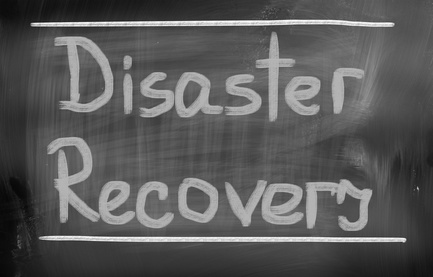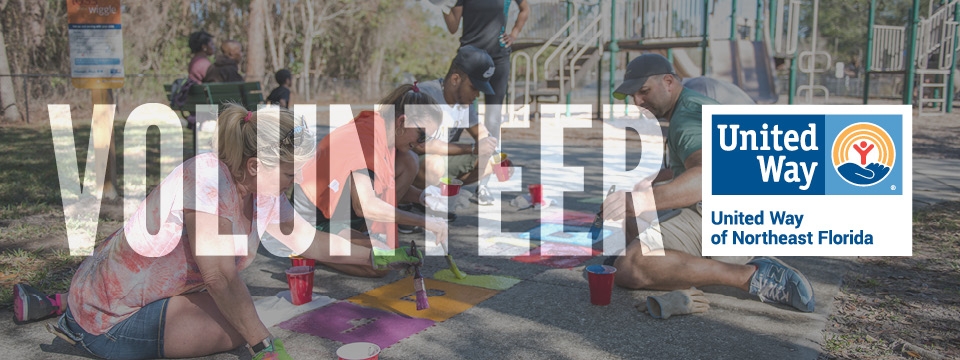
DISASTER KITS
Please be sure to acknowledge the DIY and Kits Project Waiver, and follow the directions carefully
WHAT TO DO:
To create a disaster kit, please put 10 of the following items into a clear plastic storage 'shoe box' (preferably with a lid that sticks). Most items can be purchased at a dollar store.
Items:
- Disposable poncho
- Small flashlight with batteries
- extra batteries
- First-aid kit
- small 8 oz. bottle of water
- Food item not requiring can opener (canned meat with crackers, peanut butter crackers, power bar etc.)
- Activity for kids (puzzles, activity pad, book etc.)
- Whistle
- Glow sticks
- Packs of tissue
- Hand sanitizer
- Emergency blanket
Please do not include matches, can-openers, scissors or other items to hazardous for schools
If you would like to hold a drive, you can find some helpful tips HERE.
More helpful tips for completing DIY projects can be found HERE.
For anyone collecting service hours, we will grant half an hour (travel time) plus one hour for each kit.
Kits must contain EVERY item listed and be in a decorated bag with a decorated card to receive full service hours.
When finished, contact our project coordinator here to let them know how many kits you have and to coordinate drop-offs. Please note: due to the limited staff capacity of our team and our partners, it may take 3-5 days to respond and coordinate delivery.
WHY THIS KIT:
No one can predict when a disaster or emergency might strike their community. But, they can take steps to be prepared when it does happen! Educating children about Disaster Preparedness is an effective way to get the message into the home and encourage families to become more prepared for disasters. Volunteers are invited to create Disaster Kits for Kids to be dispersed to K - 5 children at local elementary schools along with a packet for families containing communication plans, pet plans and other useful preparedness tools.
DIY Volunteering allows families and groups of all ages and sizes to participate in flexible and meaningful community service opportunities from the comfort of their own homes or offices. DIY projects can be combined with social events, business meetings, celebrations, and more. Purchasing items or hosting a drive and assembling personal care kits are a critical way volunteers can address a real community need individually or as a group, family, school or neighborhood.
Kits will be dispersed to our Full Service Schools network to be distributed to students or through other non-profit partner agencies that serve the homeless or veteran populations.


